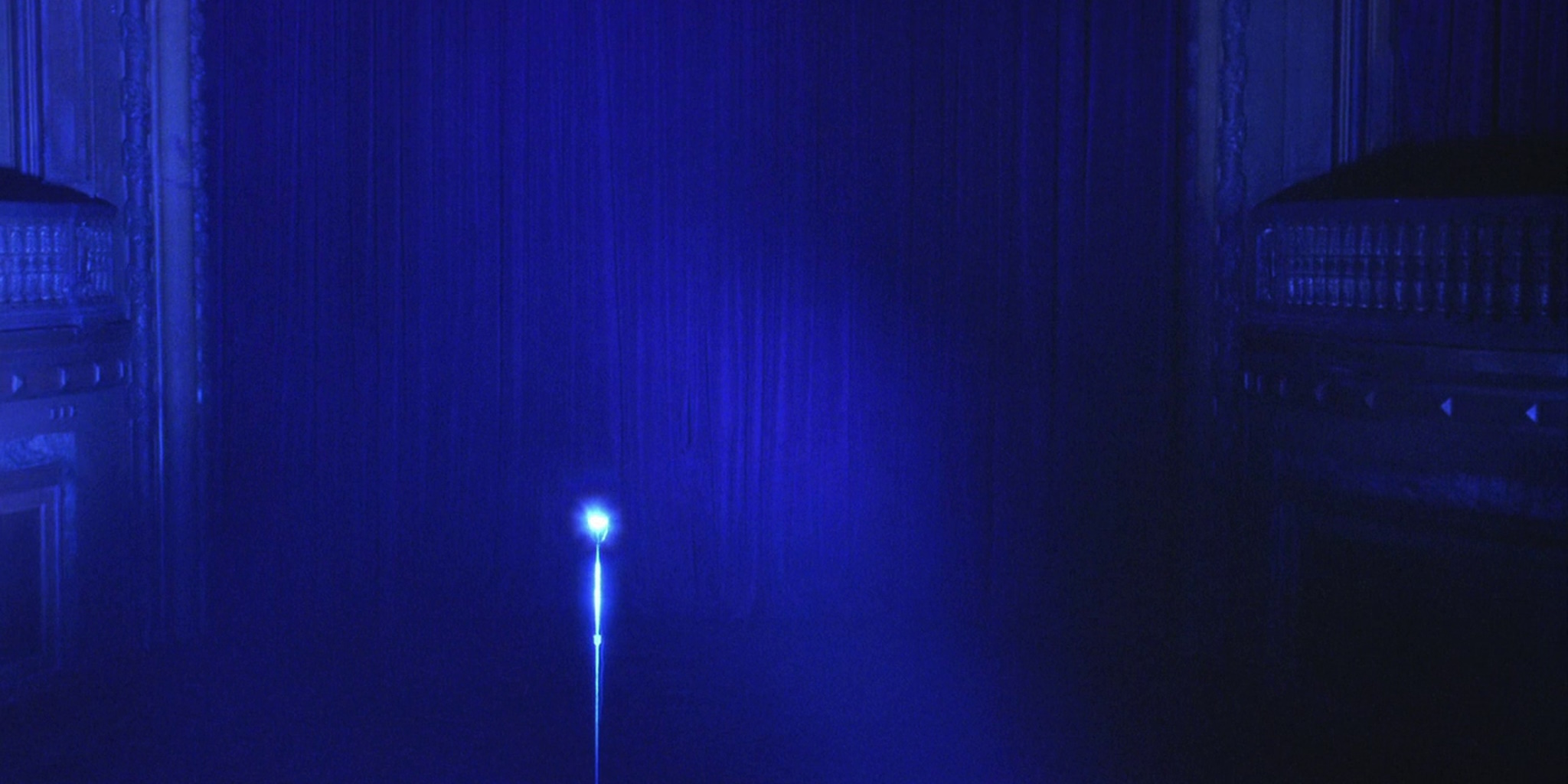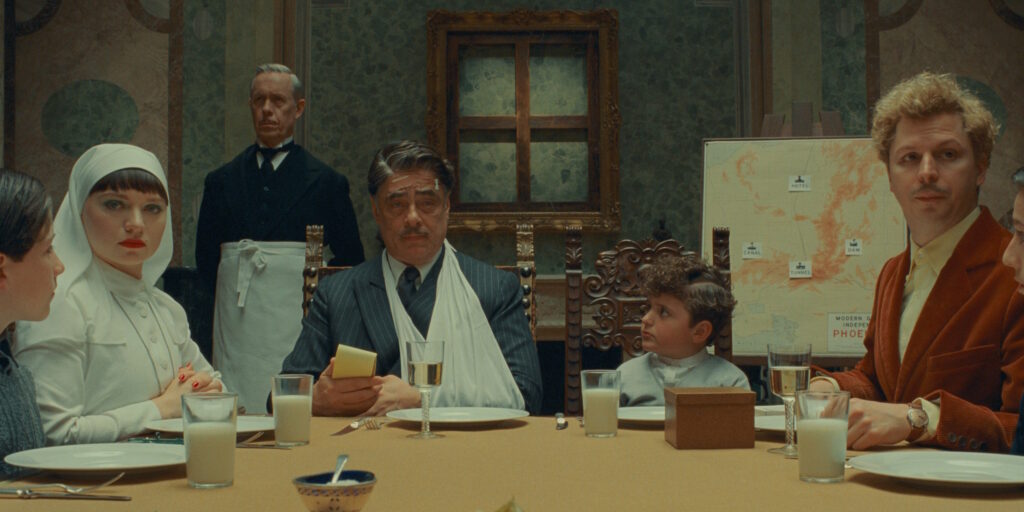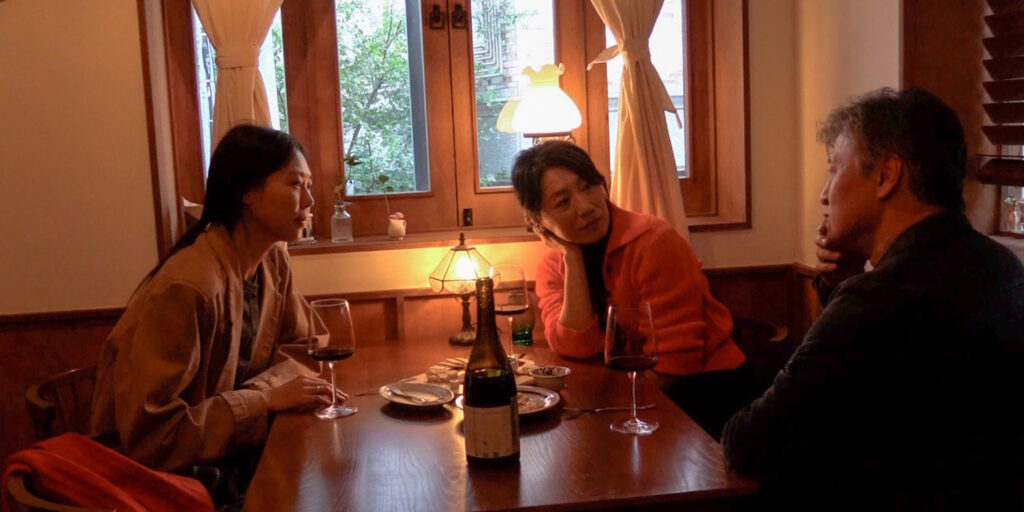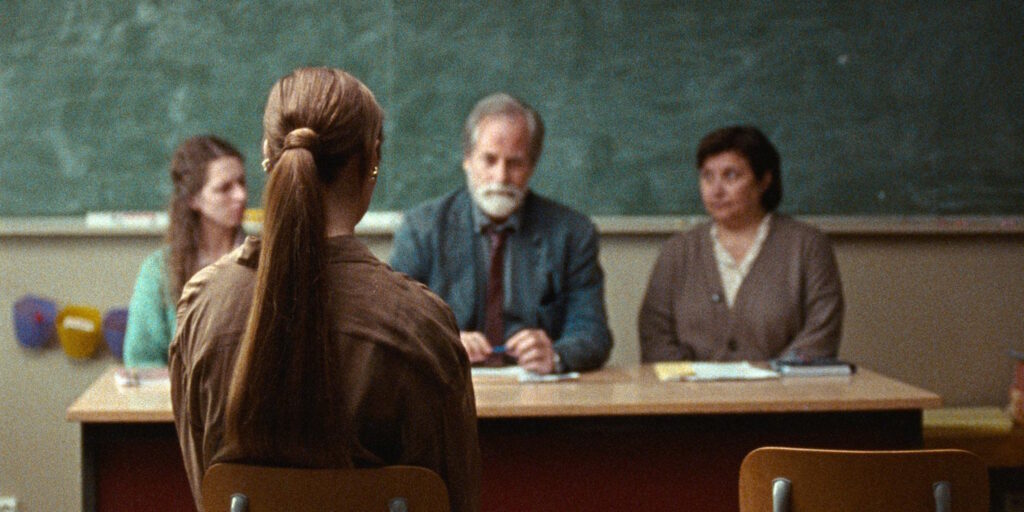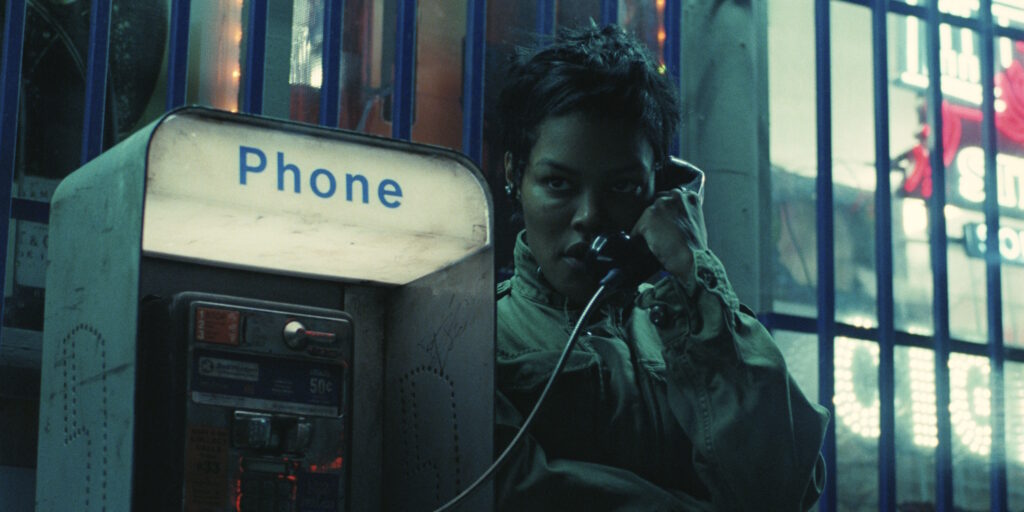Welcome to The Take-Up.
Whether you are a longtime reader, a loyal podcast listener, or a first-time visitor, consider this a preface to our newest endeavor and a preview of the work that will be featured here. Founded by film critics and frequent collaborators Kayla McCulloch, Joshua Ray, and Andrew Wyatt, The Take-Up is a new independent platform for quality criticism. Here we will first and foremost consider film, but also television, music, games, and other art forms — any work that is worthy of carefully considered analysis.
This venture was born out of a desire to promote interest in film and film criticism. It starts with a name. After wrestling with a few possibilities, we collectively settled on a winner: The Take-Up. The name refers to the winding reel of a two-reel projector system — i.e., the take-up reel. This is the circular frame around which the film strip is spooled after it is fed through the projector. Our hope is that The Take-Up will serve as a similar place for film criticism: a place to gather after the film is over. It is intended to be a destination for analysis, commentary, and conversation in an array of styles and formats.
Any new venture requires a clear statement of values. We identified four principles that are important to us and which comprise The Take-Up Manifesto.
1. We believe that all works of cinema are, by definition, art. All cinema is worthy of – and, conversely, a valid subject for – serious, quality criticism. No film is beneath or above good-faith critical consideration, analysis, and appraisal.
2. We believe that criticism is a subjective endeavor. It is intrinsically beholden to the viewpoint, sentiments, and life experiences of the individual critic. The critic should always strive for honesty and precision when articulating their response to a work.
3. We believe that quality criticism requires transparency and the minimization of conflicts-of-interest. The Take-Up does not publish paid or sponsored content. Contributors to the Take-Up do not accept gratuities or hospitality from studios, distributors, or public relations companies in exchange for coverage.
4. We believe creators should retain ownership of their work whenever possible. Works presented on the Take-Up are published with the permission of the creator, who retains the original copyright unless otherwise specified.
Like moviegoing, The Take-Up is intended to be something of a communal experience. While opinions on arts and culture start within the self, well-intentioned and sincere discussion is just as vital to the evaluation of art and its place within culture at large. For this reason, The Take-Up will serve as both a permanent home for the work of the site’s founders and a publishing platform for regular and guest contributors.
More on that (and from us) soon. For now, we leave you with this assertion: Cinema is not dead. Perhaps a certain type of corporate-minded, focus-tested cinema is having a rough go of it lately. However, art is not dead, nor is it dying, nor will it ever be dead. Cinema is alive and well, thriving in the margins, flourishing off the beaten path — including here on The Take-Up. Here, the lights are always burning: for cinema and culture of all sorts, and for the people like you who care about sustaining them.
—The Take-Up Editors
- Kayla McCulloch
- Joshua Ray
- Andrew Wyatt
